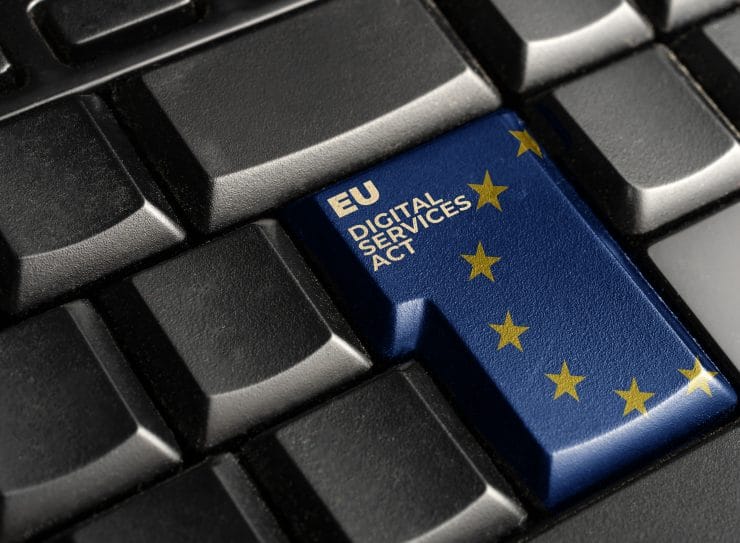More granular analysis of the proposed DSA, shows some important measures to protect the freedoms presented above. Providers of intermediary services need to produce transparency reports with information on interaction with authorities, description of illegal content, time taken for removal of content, actions taken and the legal justification, or terms and conditions of the service, used for said actions. They also need to add to the report the “content moderation engaged in at the providers’ own initiative, including the number and type of measures taken that affect the availability, visibility and accessibility of information”, as the “recipients’ ability to provide information”, and the reason for the measures. Regarding online platforms, they also need to report information about measures that lead to the suspension of users from the platform due to “manifestly illegal content, the submission of manifestly unfounded notices and the submission of manifestly unfounded complaints”. Equally important, and crucial for an informed debate, especially in the political realm, those online platforms that display advertising, for example with political content, should have those ads easily identified as such (including transparency measures concerning algorithms used for recommendations), and that “the natural or legal person on whose behalf the advertisement is displayed” and that information “about the main parameters used to determine the recipient to whom the advertisement is displayed”. Concerning very large online platforms, some salient points refer to the need of these platforms to provide information about the main parameters used for recommendation systems. Equally, they need to create public repositories of the ads running on the platform, with information on the content of the add, if it was intended to be displayed to just one, or a group of users, and “if so, the main parameters used for that purpose”, and “where applicable, aggregate numbers for the group or groups of recipients to whom the advertisement was targeted specifically”.
